Dr Asha Mohammed believes that women should encourage one another so that they can eradicate self-limiting thoughts by adopting two powerful mantras, “It is possible and ‘We Can’.
Dr Asha is the current Kenya Red Cross Society Secretary-General, a mother, mentor and a leader who believes in the power of sisterhood.
She says, “No one will invite you to the table; you have to get yourself there. As women, we have to push each other to the front seats and support each other to stay there.”
She is a Dentist and Public Health practitioner by profession, born and bred in Kibra Constituency in Nairobi as the first of five proud Nubian siblings.
Dr Asha is married and has six children - two biological and four adopted, and has an illustrious career.
Read More
“My career began as a dentist working for the Ministry of Health in Nairobi. After my internship at the Kenyatta National Hospital, I was posted to the Kenya Railways Headquarters staff clinic, where I attended to staff and their families and did mobile dental outreaches to vulnerable communities within Nairobi at the children’s remand centres.
“After three years, I felt that I had a greater passion for working with communities, so I enrolled and did a Masters in Public Health at the University of Nairobi. On completion, I was posted back to Nairobi, this time to the Provincial Medical Office, where I worked on Public Health issues and deputised the Provincial Medical Officer.”
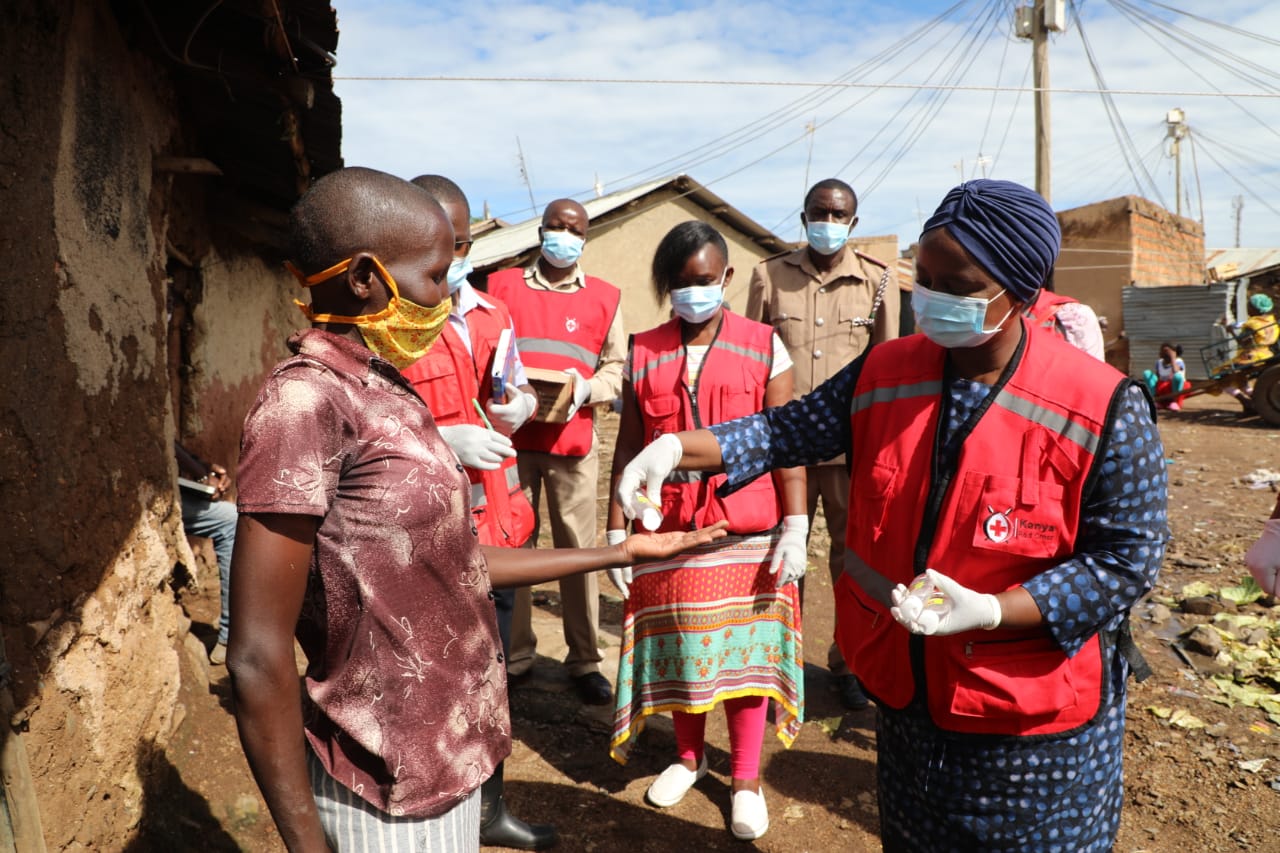 Dr Asha Mohammed. PHOTO/COURTESY
Dr Asha Mohammed. PHOTO/COURTESY
The bombing of the American Embassy in Nairobi in 1998 shaped her career, since at the time her boss, the Provincial Medical Officer, was on maternity leave, and she was acting.
“I was standing at a window of the office on the 10th floor of Nyayo House when suddenly I heard a thunderous blast. Soon after, thick black smoke engulfed the air in the city centre. As medics, we had to respond quickly, and we were led and coordinated by the Provincial Commissioner then, Mr Joseph Kaguthi.”
She met and worked with the Kenya Red Cross for the first time during the blast and was impressed by how they responded to the emergency, so she chose that as her path.
“Before the bomb blast, we had developed a disaster management framework for the province. I later moved to the Ministry of Health headquarters Afya House to work with the Chief Dental Specialist, Dr Ogonji, where I was in charge of Preventive and Promotive Oral Health programmes. Again, I got to continue working with communities through organising dental clinics for vulnerable communities in partnership with private sector partners and the dental school.”
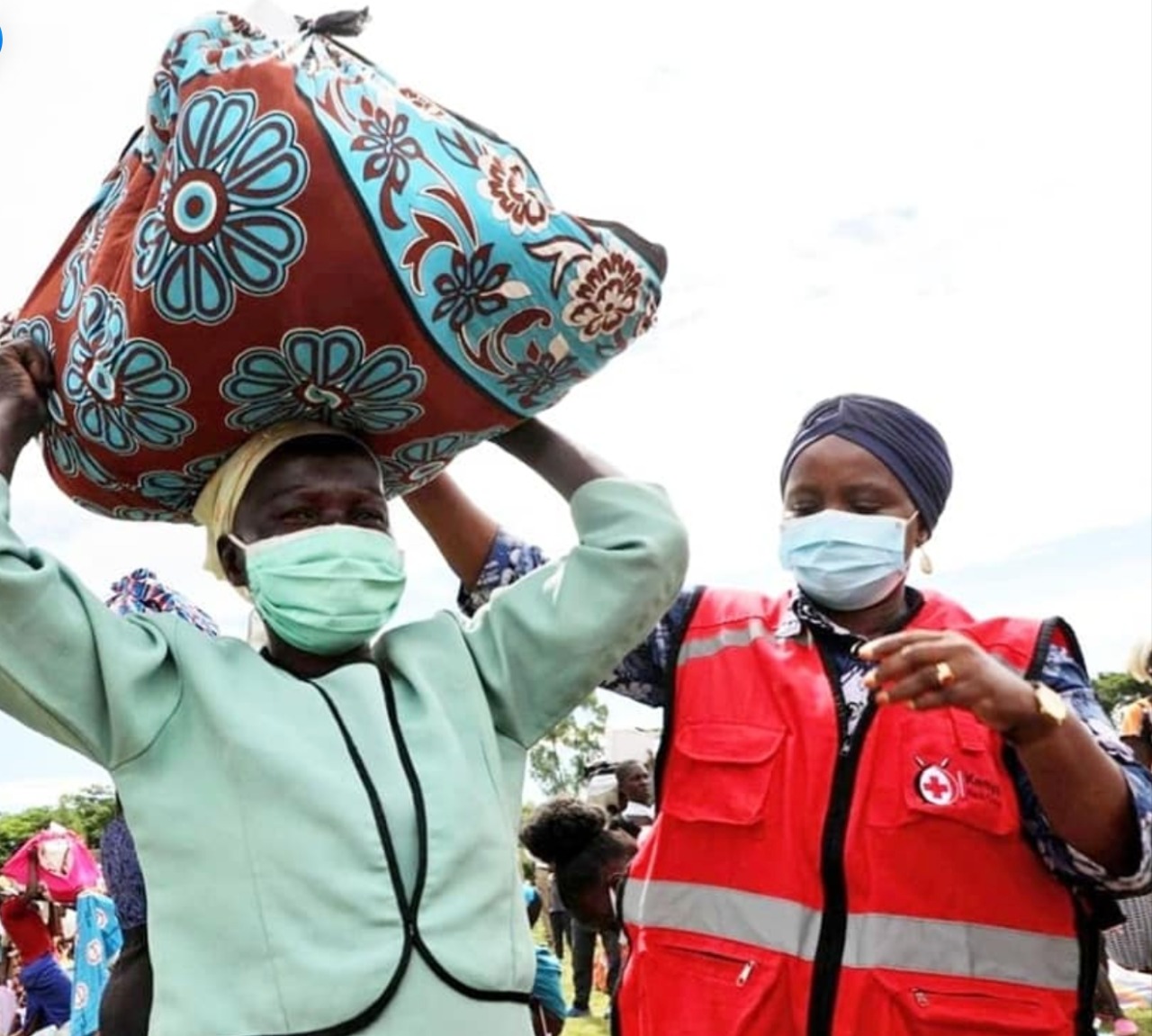 PHOTO/COURTESY
PHOTO/COURTESY
In early 2000, Kenya declared HIV/AIDS a national disaster and formed the National AIDS Control Council (NACC) and this plunged her into the public health field.
“I saw an opportunity to fully venture into the public health field and apply for the post of Provincial AIDS Control Coordinator for Nairobi. As the pioneer of this office, I had to set it up from scratch. I developed a working framework that included support to Government Ministries and Community-Based Organisations in the province.”
In 2002, she landed a job as the Kenya Red Cross Director of Health and Social Services and she requested to be seconded from the Ministry of Health to work with the National Society.
“To date, I have never left the Red Cross Movement. It is addictive, and we say, “once a Red Crosser, always a Red Crosser”.
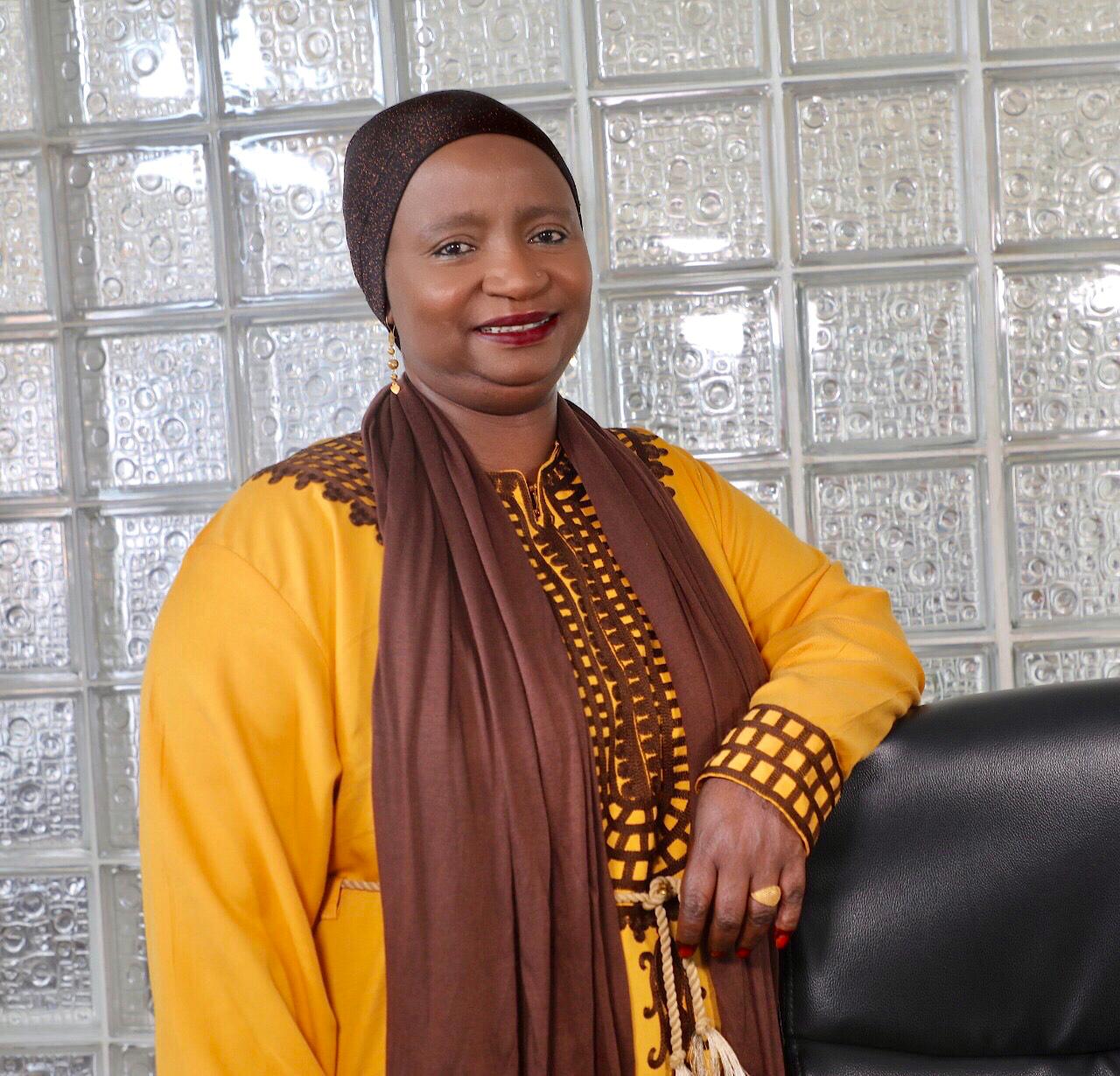 Dr Asha Mohammed. PHOTO/COURTESY
Dr Asha Mohammed. PHOTO/COURTESY
She says one of the highlights of the role was the coordination and facilitation of a National HIV programme, including developing a 5-year strategic plan that saw Kenya Red Cross implement prevention and home-based care projects in 13 districts across Kenya.
“In 2005, I was appointed Deputy Secretary-General, a position I held until 2007 when I went to work for the International Federation of Red Cross and Red Crescent Societies (IFRC) firstly in Nairobi as its Head of Zone office covering 15 countries in East and Horn of Africa plus the Indian Ocean Islands.
“In 2010 I was posted to Johannesburg, South Africa, as Head of Operations for Africa. An interesting coincidence in all these roles is that I was always the first officeholder. This gave me lots of opportunities to show my capacity and also be creative and innovative.”
She returned to Kenya Red Cross in 2013 again as deputy Secretary-General, and left again in 2015 when she was seconded to the International Committee of the Red Cross as its Movement Partnerships Advisor based in Geneva, Switzerland.
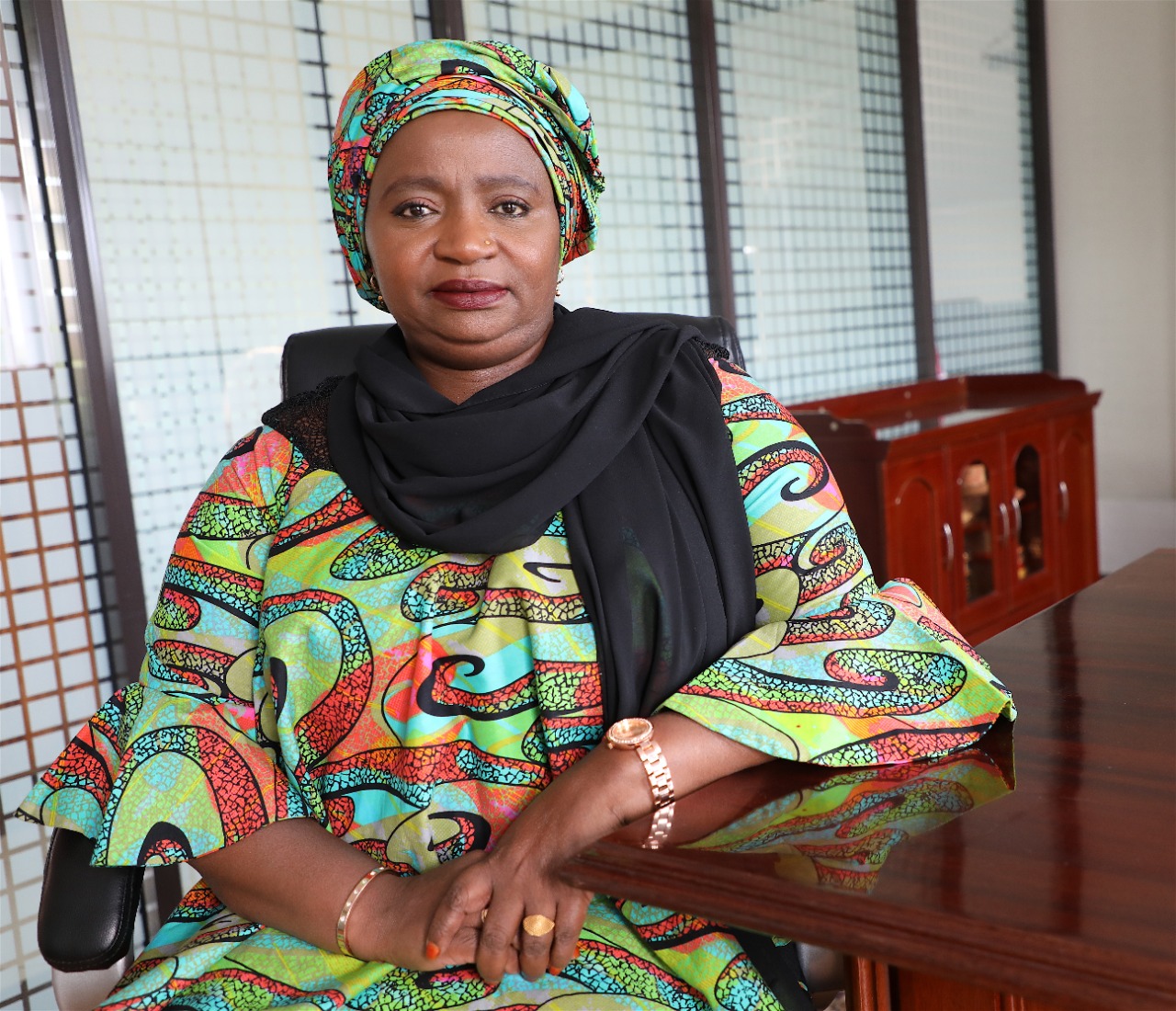 Dr Asha Mohammed. PHOTO/COURTESY
Dr Asha Mohammed. PHOTO/COURTESY
In 2018, she made a comeback to Kenya Red Cross as Deputy Secretary-General and became the Secretary-General in January 2020.
So, we asked her what her career journey means for her as a woman in senior management.
“Leadership is a testament that women can change the narrative and demystify the myths that women cannot make good leaders. It is not easy to be in senior management as a woman. You have to work harder than your male colleagues before you can get acknowledged or appreciated.
“People tend to see and highlight your weaknesses more than celebrate your strengths and successes. If you are doing well, your success has to be attributed to someone else.”
She feels women leaders do not have many networks to support each other compared to their male counterparts and challenged women to embrace them to grow in their careers.
“I believe women can be anything. It is about accepting that this is who we are. We can do it all, and yes, it can be a bit difficult to balance, especially when trying to climb up our career ladders. We have the determination to make sure no role suffers. When you take a role, give it your best, whether as a mother, wife or a career woman.”
Dr Asha also notes that having mentors and role models is also critical.
“Today, many of us are where we are because we were either inspired or supported by many women leaders who came before us. It is also important that men also support women in this quest. In my case, lots of credit goes to my father, husband, and brothers as key supporters all along my journey.”
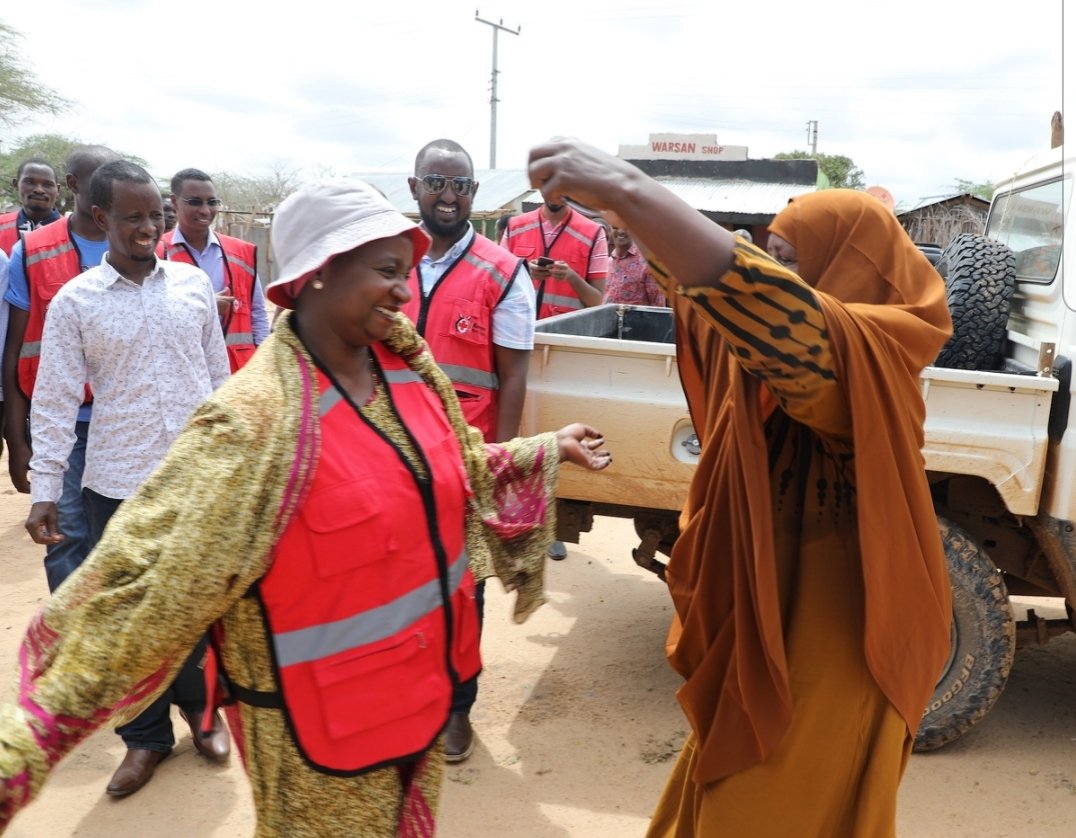
PHOTO/COURTESY
What is she doing differently in her senior management position at Kenya Red Cross?
“I have made a deliberate decision to include mentorship as part of my everyday activities. I create time even within my busy schedule to do this. I have identified a number of women/girls and men/boys at the workplace and in my community that I mentor and follow them up regularly. My priority is to work with young people both as agents of change in our communities and support them in their future as much as I can, either directly or indirectly.”
Kenya Red Cross support women to balance their leadership roles and their domestic roles through flexible working arrangement including providing breastfeeding rooms.
She advices women and girls to be focused and have a vision that they can work to achieve.
The Kenya Red Cross boss runs a foundation touching on education, mentorship and coaching in Kibra and is also part of a number of women’s groups in the expansive slum.
“A number of us came together as professionals from the community led by our village -mate, brother and friend, the Late Prof. Saidi Hassan. We asked ourselves what is it that we can do to give back to our people. After a long reflection, the issue of excellence in education carried the day.
“We were convinced that education is the only game-changer. We started to develop programmes to answer to this, including awarding our best primary and secondary students as a way to motivate and encourage them and those behind them. This initiative also gave birth to the Nubian University Students Association that is responsible for coaching and mentoring students in primary and secondary school, especially during the school holidays. We have an annual retreat where we bring the students together to discuss various issues affecting them, including imparting life skills. I hold this initiative very dear because it has tangible results, and I am proud to have the privilege of contributing to it.”
They also carry out a number of activities as a foundation, including medical camps, bursary for needy students and also support disadvantaged families.
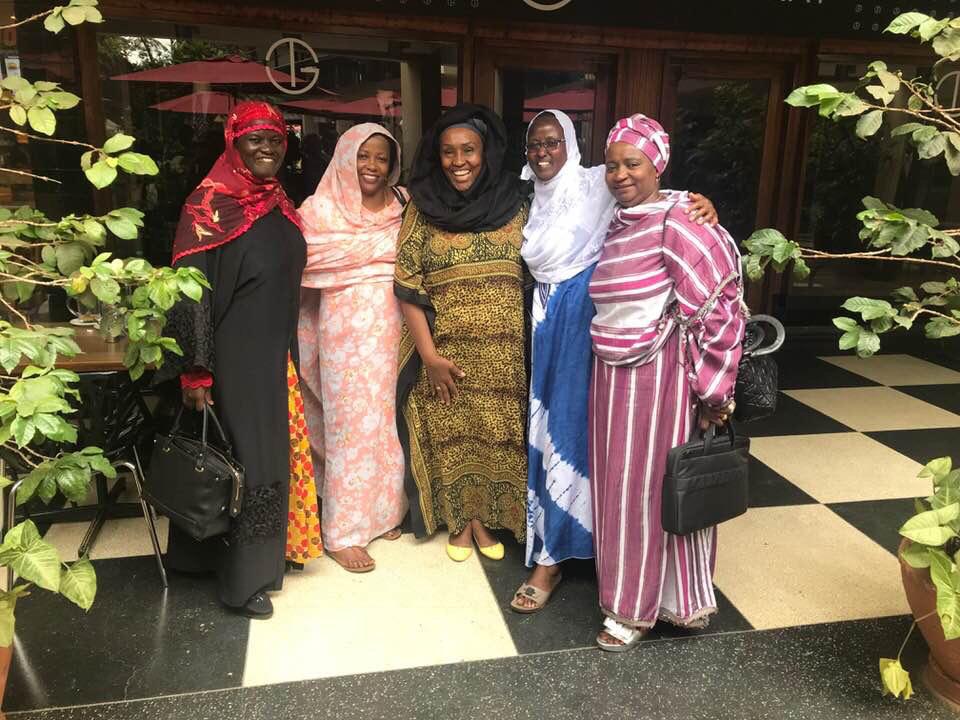 PHOTO/COURTESY
PHOTO/COURTESY
With close to 25 years of experience working for international organisations, she shared some of the key lessons that local women need land and stay at the decision-making table.
• There is the perception that women who pursue leadership positions often sacrifice top jobs for family responsibilities for fear of being perceived as running away from home/ motherhood responsibilities, or in other cases, lack the spousal support that allows them to pursue leadership positions in humanitarian organisations.
• Looking at the humanitarian sector, we need more women in leadership positions. As you would know, women and children suffer most when it comes to the humanitarian crisis. Therefore, there is a need to ensure that- female responders understand better how the shoe fits. The situation as it is now is that humanitarian response is hardly designed to support the well-being of women, particularly in insecure areas.
• Additionally, we also have cultural challenges that do not factor in women’s ability to actively lead in response. As the Secretary-General, this is part of the policy work that I am involved in and advocating for implementing policies to support female inclusion and leadership in emergency response.
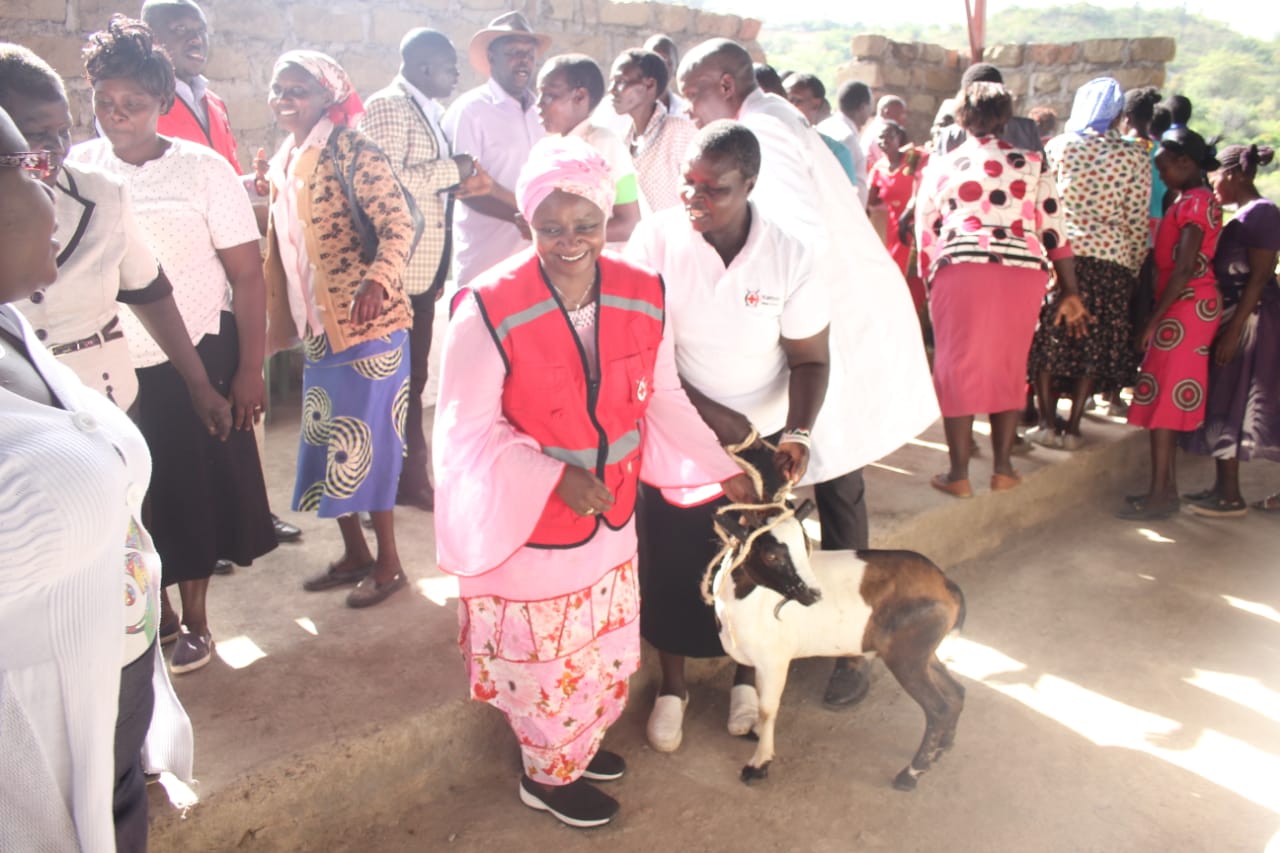 PHOTO/COURTESY
PHOTO/COURTESY
Here are Dr Asha’s guiding principle:
“In my line of work, community and people come first; therefore, empathy and selflessness have guided my journey. Every day I get to see how people suffer –whether it is through natural or human-made disasters and at the same time, I get to see our volunteers and first responders go out there to reduce that suffering. Seeing the dedication from my teams encourages me to keep working hard. I am a believer in pro-activeness and living each day with the sole purpose to change lives. Above all, God first, as he has a purpose for us and says we must be our brother’s keepers.”
She also shared the biggest hurdles she faced in her career path and how overcome them:
“Culture and perceptions that a woman cannot be as effective as a man. Unfortunately, sometimes the battle comes even from fellow women who see themselves as better than you. Working internationally in multicultural environments has been even more challenging. For me, it has been about being first a woman, an African and thirdly a Muslim! Staying true to my creator and myself has been a great pillar.
“I have adopted the attitude of you know what, I am not responsible for your negativity! I have a purpose in this life, and I just have to get on with it. I have no apologies to make for who I am, and I love myself just as I am and thank Allah for making me who I am.”
So, how does she describe yourself and how do others describe her?
“I believe in the goodness of human beings and can work with anyone from that perspective. I am compassionate and people-centred, and I thrive best in an environment where we treat each other as family. I am accommodative and can take a lot before I get stressed. Many people will tell you that I rarely show signs of stress, even in challenging times.
“Many would also say that I am motherly, and as a result, I have earned myself many names, e.g. Mama Africa, Queen Mother, including my husband and children who call me ‘Mama Asha.’ Others describe me as soft-spoken and humble. Those who have worked with me closely would say that I am fair but firm.”

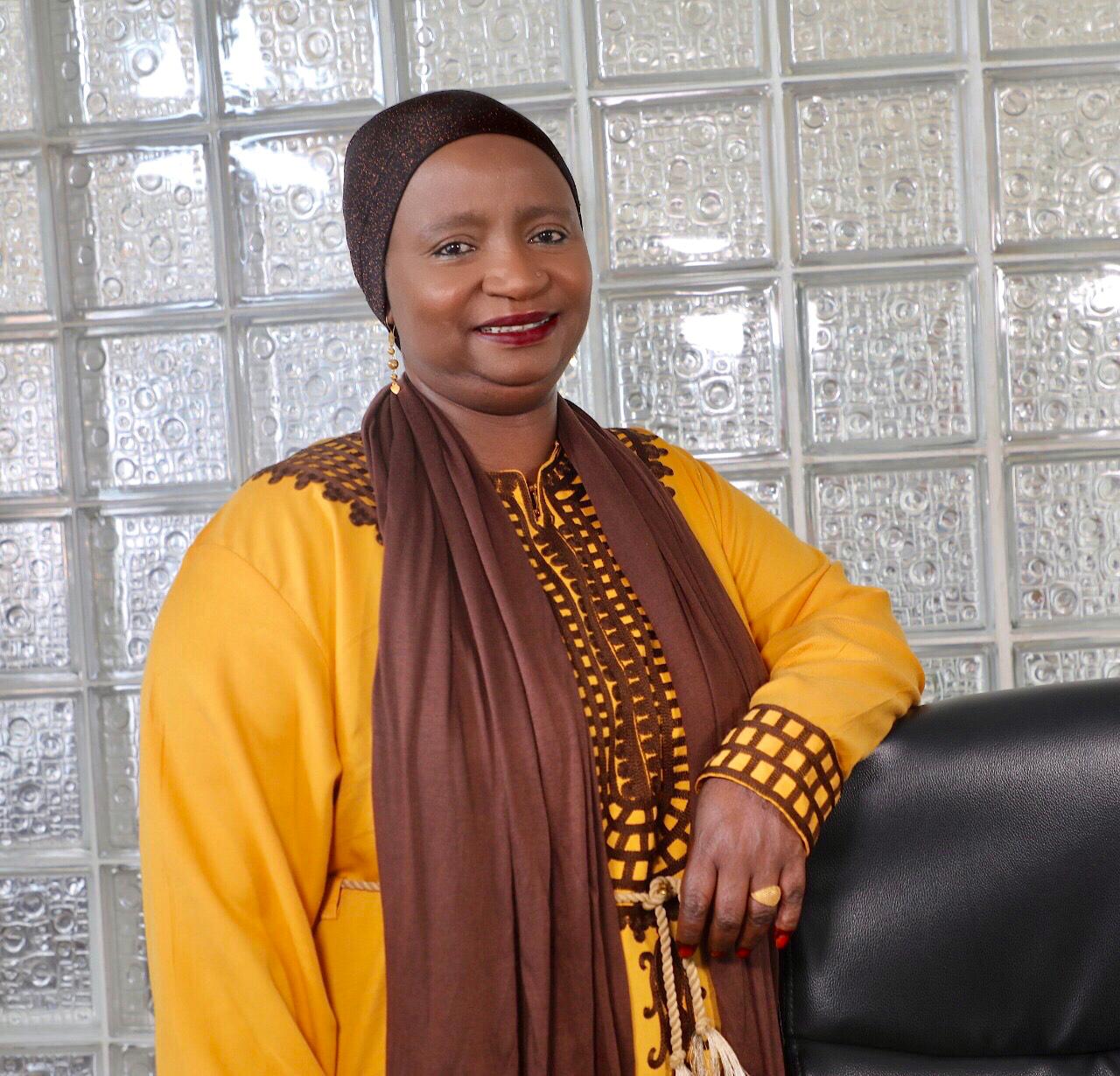
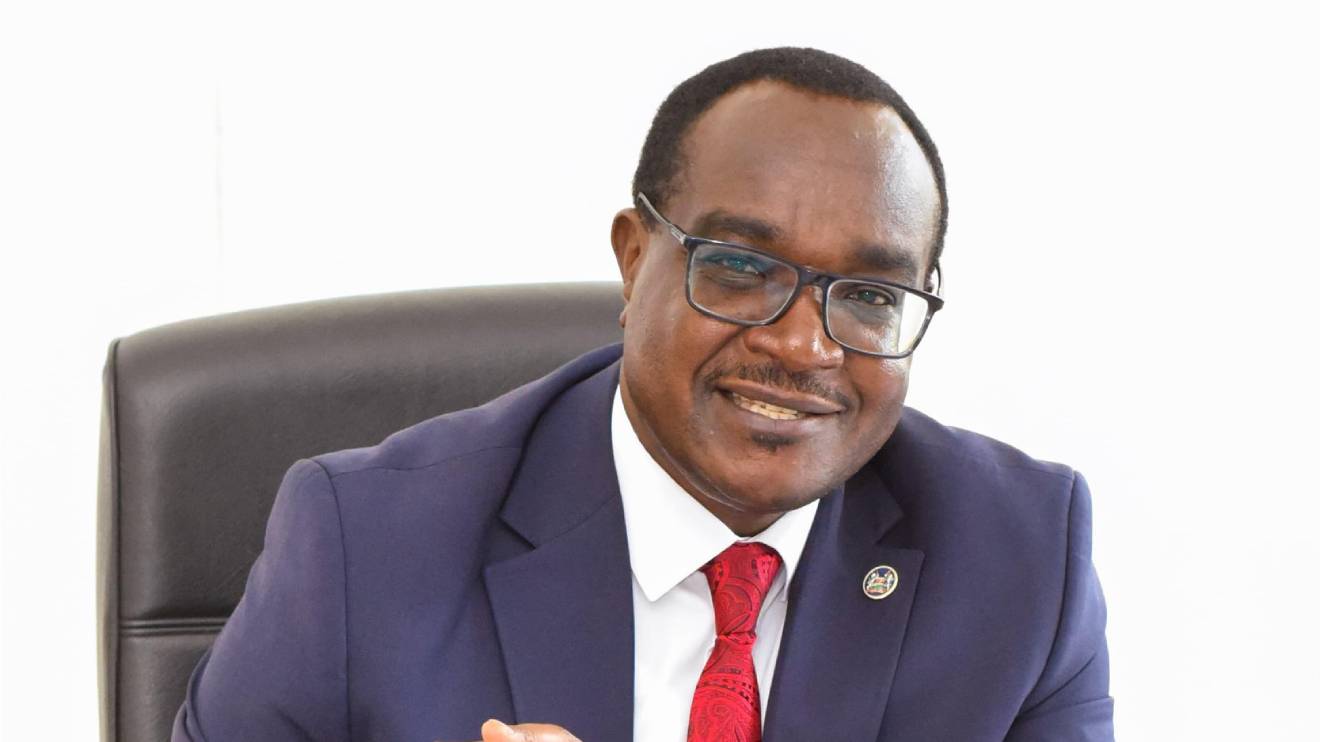
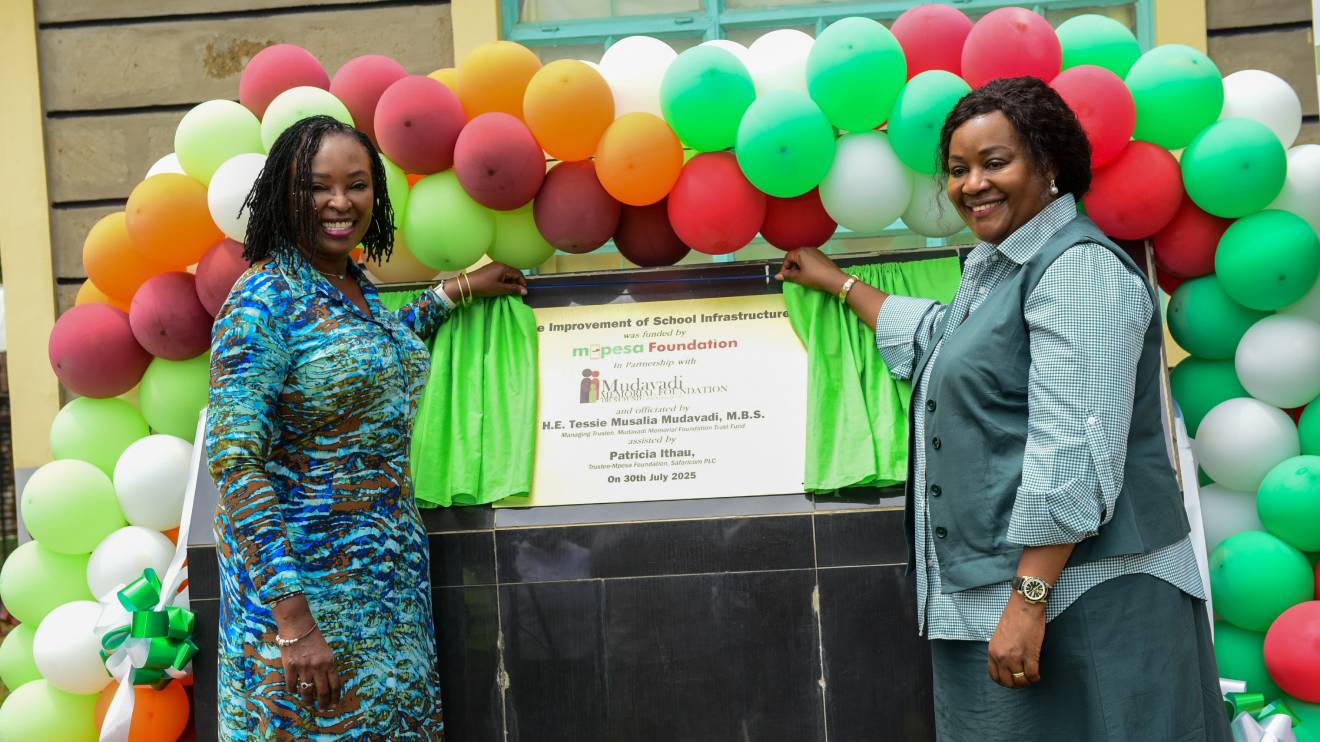
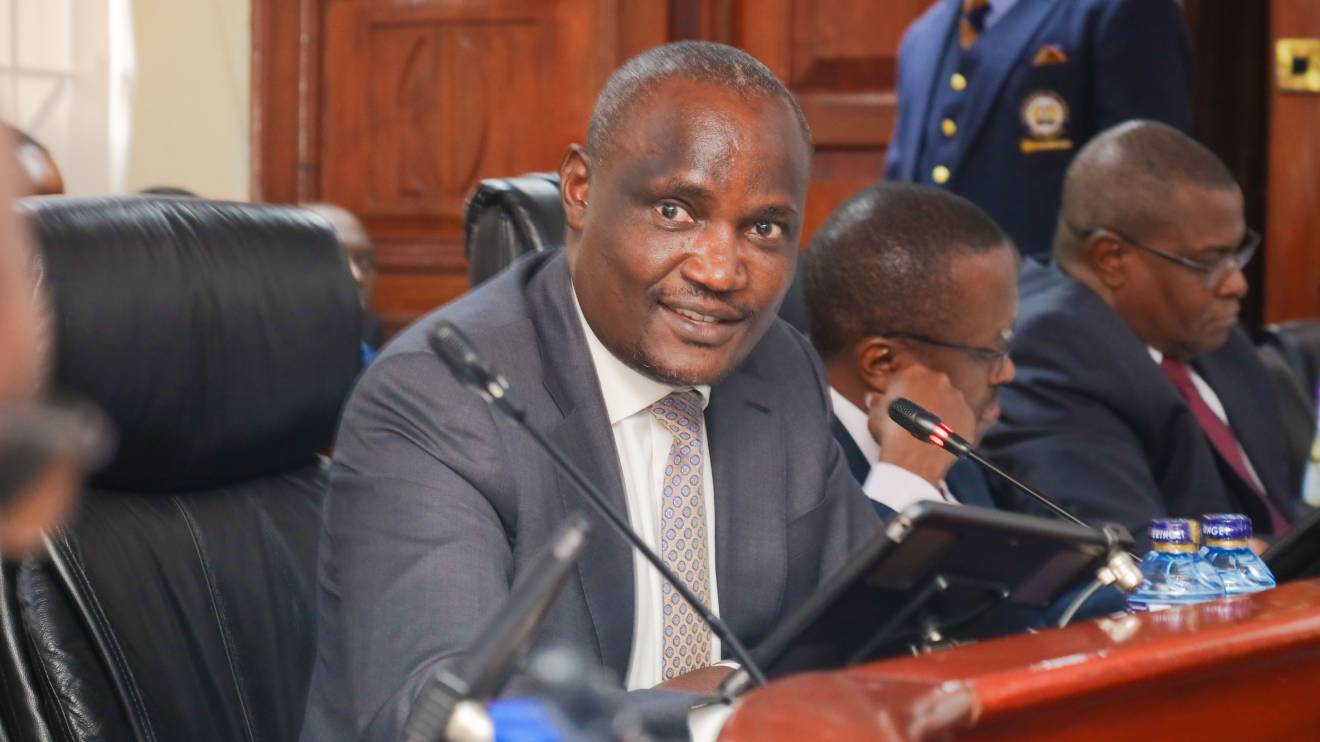
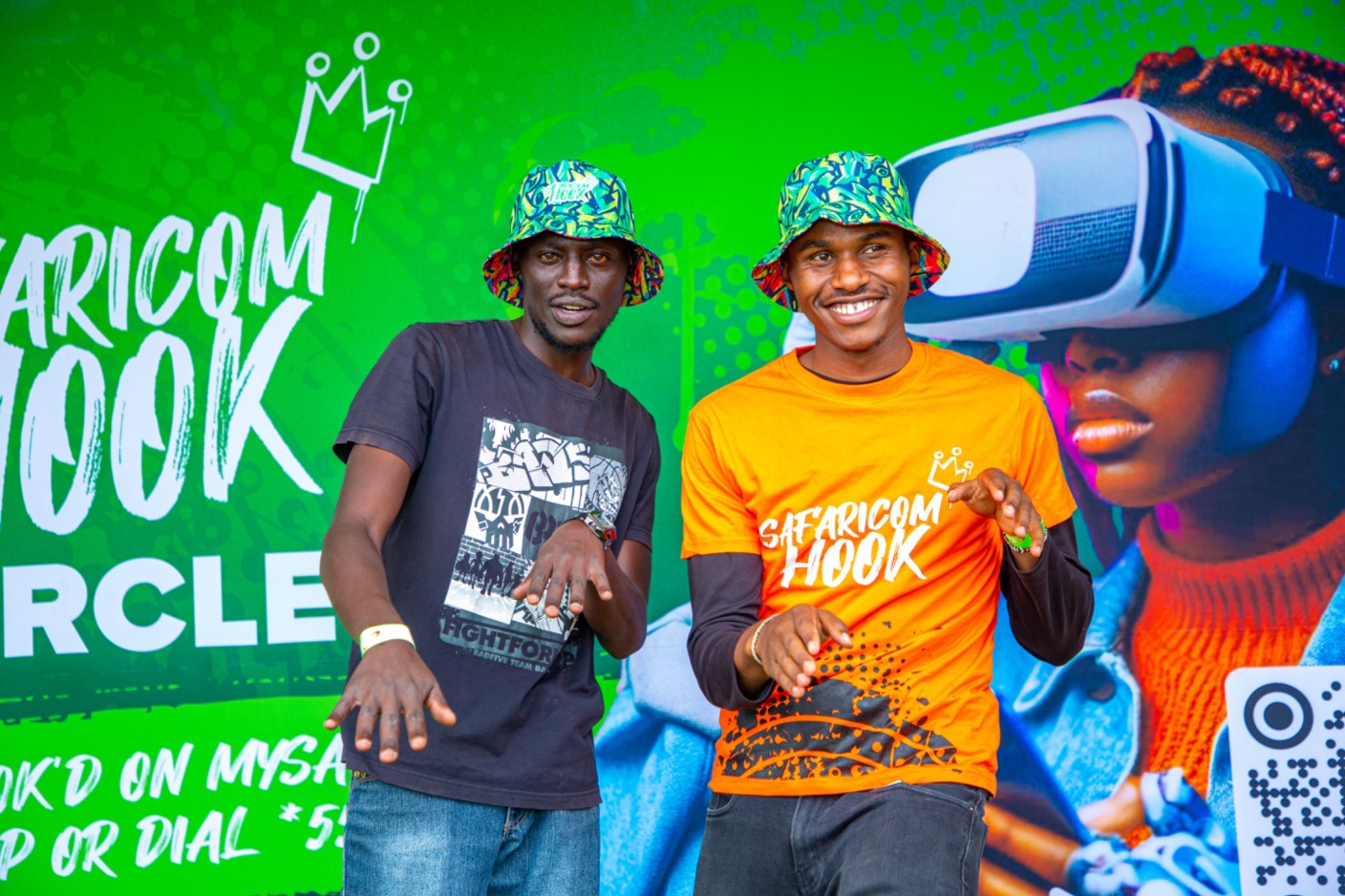
-1752797011.jpeg)




